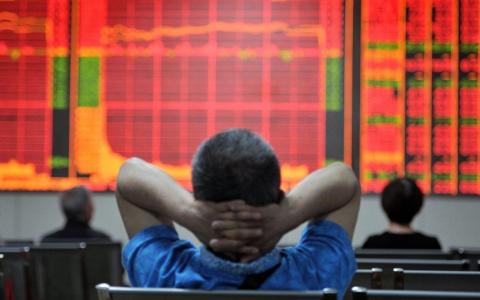
(Benzinga) For large firms like Pershing with massive stock holdings, exiting and re-entering positions in the short-term can be difficult and costly. Instead, institutional investors often use some form of relatively small hedges that allow them to mitigate risk without having to move tons of shares of stock and deal with the potential tax consequences.
Pershing boss and billionaire activist investor Bill Ackman successfully navigated COVID-19 market volatility.
Ackman talked about the hedge that Pershing put on that allowed them to profit even during the COVID-19 market sell-off.
“We put the hedge on in maybe the third week in February. And by March 12, the hedge had gone from being worth nothing to being worth $2.7 billion,” Ackman said.
At that point, the S&P 500 had dropped roughly 25% from where it was when Pershing initially took the position.
“We said you know what? We’ve got this massive position in a hedge which maybe has the potential to double if the credit spreads widen to where they were during the financial crisis. But if they don’t and the government takes the right steps, this hedge could be worth zero and the stock market could go right back up to where it was,” Ackman said.
Ackman Shifting Gears
At that point, Pershing made the decision to start selling the hedge and aggressively buying stocks within less than two weeks of the market bottom.
Ackman said he was confident that if the government took aggressive action to support the economy and flatten the coronavirus curve, the forward-looking stock market could recover quickly.
After cashing out a $2-billion profit on his hedge, Ackman said Pershing used those profits to buy back into Starbucks Corporation and add to long positions in Agilent Technologies, Berkshire Hathaway, Hilton Hotels Corporation, Lowe's Companies and Restaurant Brands International.
"Hedging is kind of elegant because if nothing happened we would have lost very little money, but if what we expected to happen happened, the hedge would become very, very valuable ... we could cash it in hopefully at the bottom and redeploy the money buying companies we like. And that’s what we chose to do."



